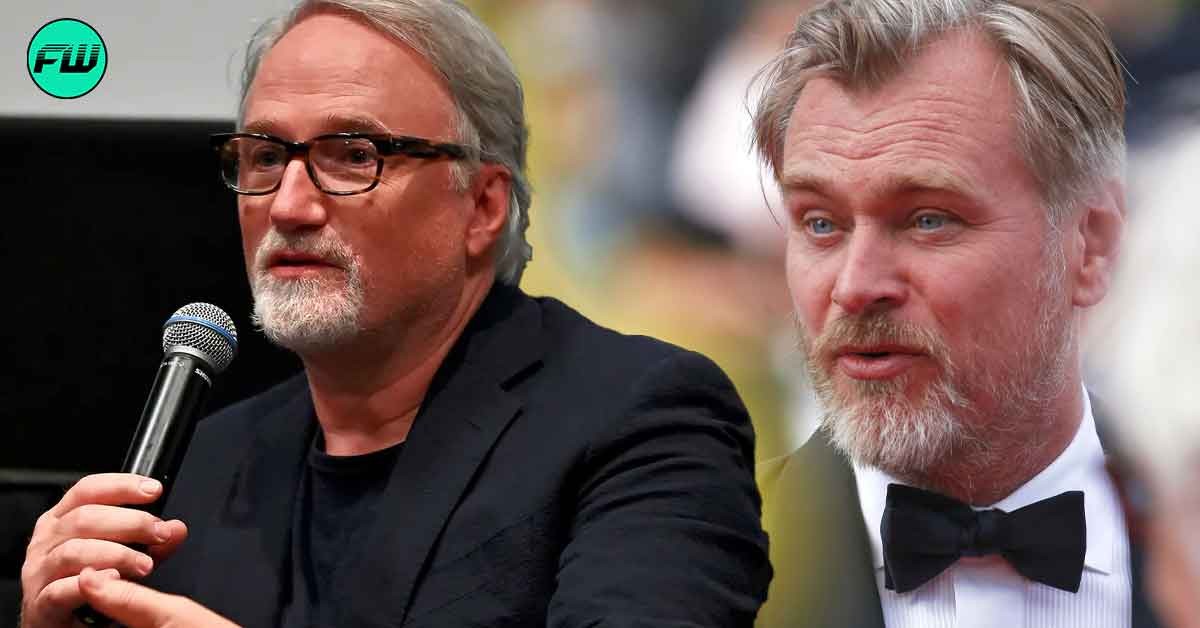Following the release and subsequent commercial success of Todd Phillips’ Joker, director David Fincher had a thing or two to say about the controversial endeavor that polarized the population into harboring conflicting opinions. In an interview, the filmmaker condemned the nature of big Hollywood studios and their approach to film productions that serve as nothing more than cash cows.
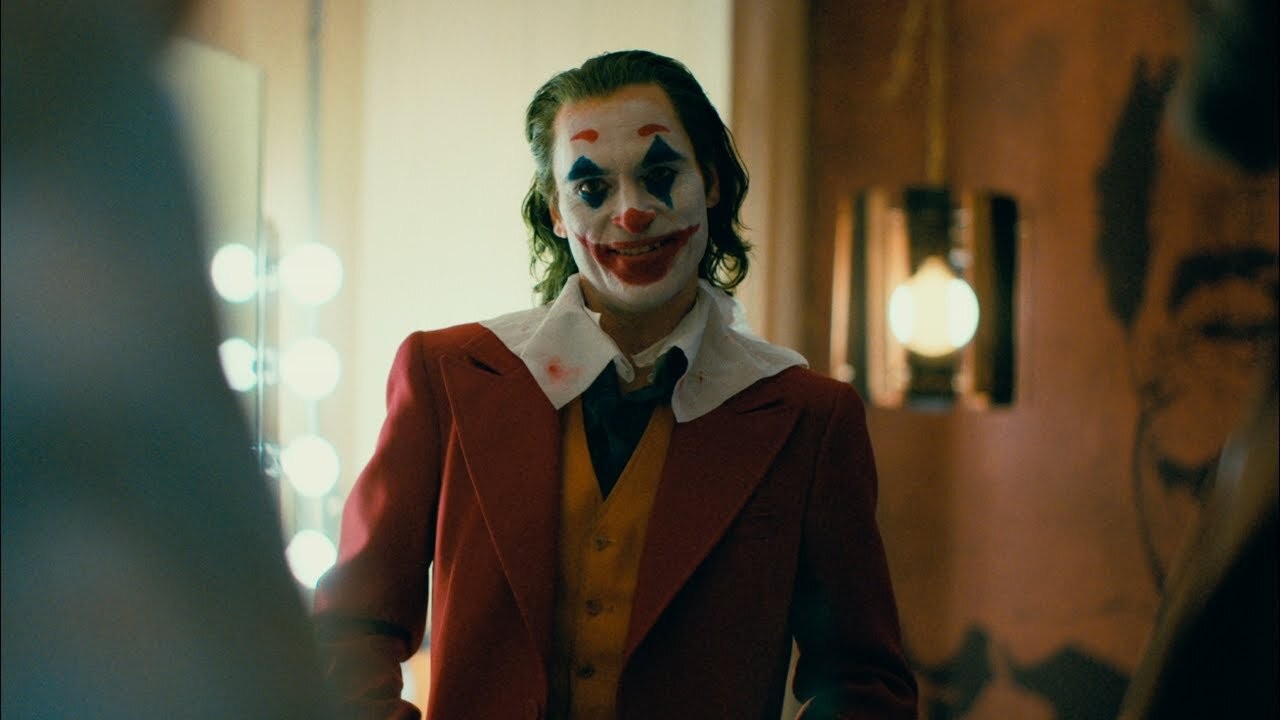
Additionally, he believed that the studio’s faith in a pursuit like the 2019 film wouldn’t have been cemented had it not been for Christopher Nolan’s triumphant attempts a decade earlier. What attracted considerable media attention, however, was the Gone Girl alum’s remark on the Joaquin Phoenix starrer being a “betrayal of the mentally ill”; a scathing assessment that supports one of the film’s most well-known criticisms.
David Fincher Thought The Dark Knight Is The Reason For Joker‘s Success
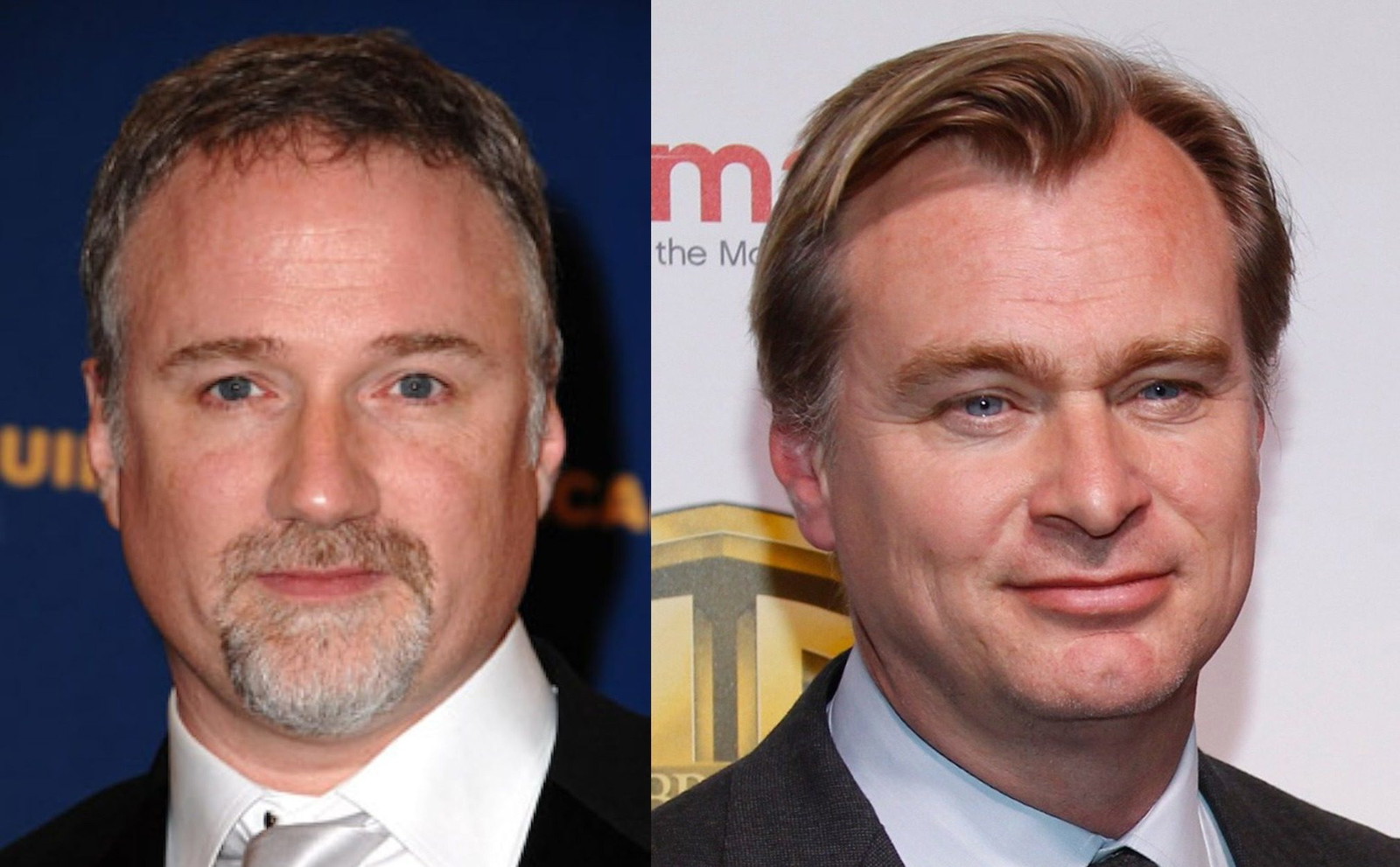
The Dark Knight, released in 2008, offered movie-going audiences one of the finest cinematic experiences in the superhero genre. The acclaim and praise it received were profound. Christopher Nolan‘s endeavor amassed a stupefying $1.006 billion at the worldwide box office. When it comes to its critical reception, reviewers were especially mind-blown by Heath Ledger’s iconic portrayal of DC’s well-known criminal mastermind, the Joker. The pursuit left its mark on popular culture, as audiences look back on the movie with fondness and awe.
According to David Fincher, however, the 2008 Nolan-helmed project became one of the reasons why Warner Brothers affirmed their faith in Todd Phillips’ Joker becoming a “giant hit.” The studio had figures for comparison and they presumably knew what would work amongst audiences. Besides, Joker’s stature in popular mass media remains undefeated. He’s one of the most memorable villains in fictional history.
Talking to The Telegraph, the following is what the Zodiac director stated:
“Nobody would have thought they had a shot at a giant hit with ‘Joker’ had ‘The Dark Knight’ not been as massive as it was … I don’t think anyone would have looked at that material and thought, ‘Yeah, let’s take Travis Bickle and Rupert Pupkin and conflate them, then trap him in a betrayal of the mentally ill, and trot it out for a billion dollars,'”
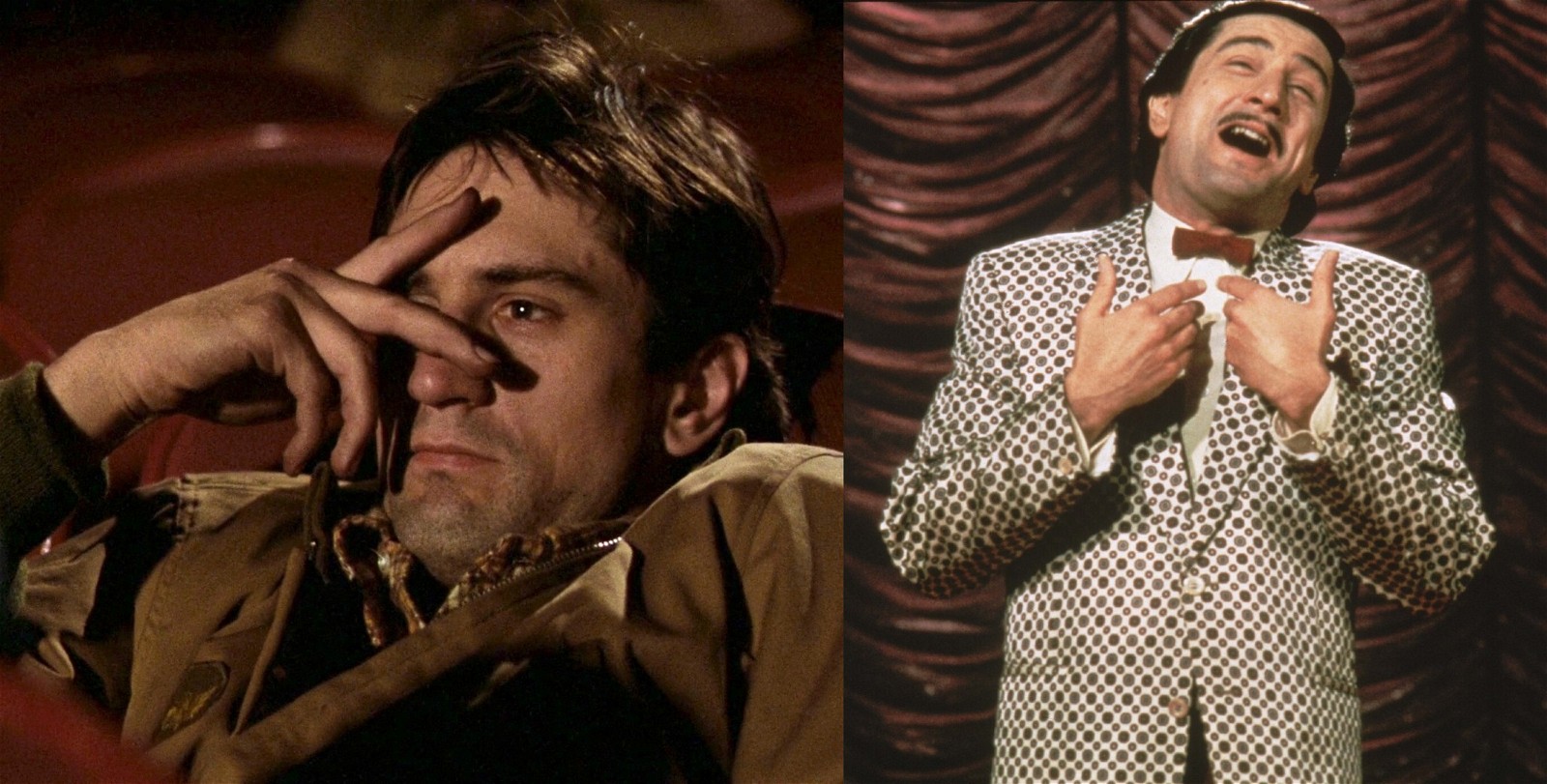
In a portrayal by Joaquin Phoenix that seemed to emulate a curious coalescence of two characters from renowned Martin Scorsese endeavors, namely, Taxi Driver and The King of Comedy, David Fincher claimed that Todd Phillips’ record-breaking psychological thriller served as a mockery of people who suffer from mental illnesses. Interestingly enough, Joker ended up surpassing even Nolan’s 2008 masterpiece, garnering a worldwide box office collection of $1.074 billion. It became the highest-grossing R-rated movie of all time.
Post the release of the film, many critics affirmed that Todd Phillips’ Joker worked towards perpetuating and cementing harmful stigmas around mental illnesses. Cinematic representations of such topics can often disseminate dangerous myths and reinforce false perceptions, carving a path toward prejudice and ignorance. Many were, however, in support of the Joaquin Phoenix starrer concerning its depiction of mental health. “This is not your typical stigmatizing tale of a crazed villain who should be exterminated by the hero.” stated psychiatrist Dr. Kamran Ahmed in an article published by The Sydney Morning Herald.
Opinions on the matter differ a lot. There’s no doubt that the movie’s complex premise gives birth to such contradicting statements.
David Fincher’s Take On Major Hollywood Studio Productions
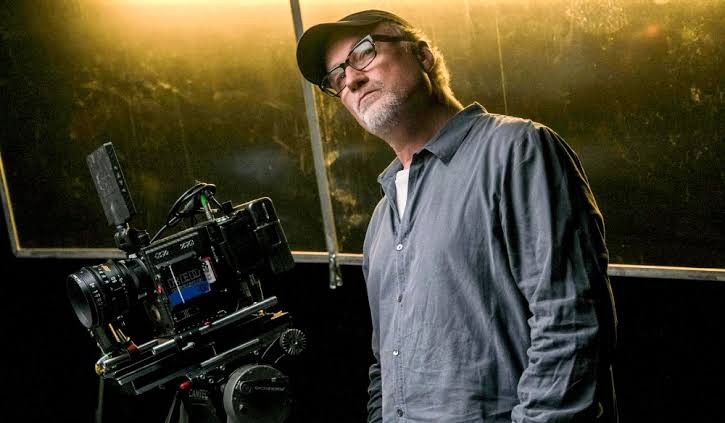
Elaborating upon his qualms regarding the success of the Joaquin Phoenix starrer that earned the talent an Oscar for Best Actor, David Fincher stated that Warner Brothers’ confidence in the project’s ability to generate exponential revenue may have been influenced by their decision to have the right cast and to bring Robert De Niro along for the ride. However, the Fight Club director fails to imagine that a movie with such a narrative would have landed well amongst studio executives (and audiences) had it been envisioned in 1999.
The year is a nod to the now-iconic Brad Pitt and Edward Norton-starring drama thriller that gained a cult classic reputation only years after its release. “The fact we got that film made in 1999 is still, to my mind, a miracle,” commented Fincher about Fight Club.
The filmmaker then threw some light on the reality that governs every contemporary move made by major Hollywood studios. In his statement, David Fincher is particularly wary of these production houses, who in their conquest of garnering more money, refuse to take on projects that are “medium-priced” and grueling, yet original and innovative:
“The reality of our current situation is that the five families don’t want to make anything that can’t make them a billion dollars. None of them want to be in the medium-priced challenging content business. And that cleaves off exactly the kind of movies I make. What the streamers are doing is providing a platform for the kind of cinema that actually reflects our culture and wrestles with big ideas: where things are, and what people are anxious and unsure about. Those are the kinds of movies that would have been dead on arrival five years ago.”
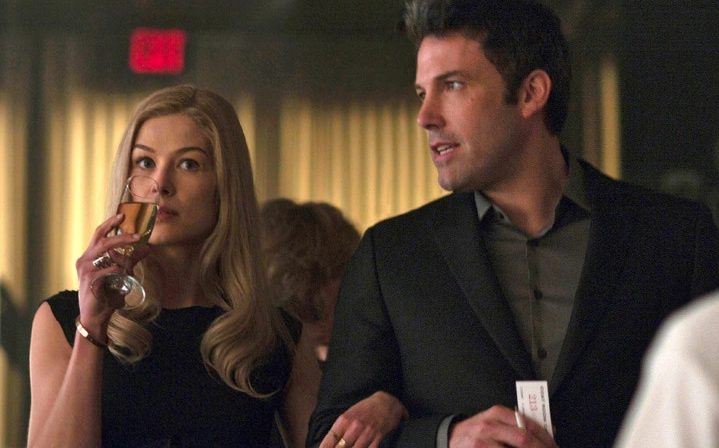
To further emphasize the gravity of the situation, David Fincher reflected on one of his movies starring Ben Affleck and Rosamund Pike. He stated that 2014’s Gone Girl with its “discordant, evaporating” ending, would have been inconceivable if the team failed to point out the relevance of the Gillian Flynn-penned source material, which found itself a suitable place on The New York Times bestseller list.
Fincher’s argument of Hollywood studios investing in films that would only guarantee them a return of “billion dollars” does point to a problem that dictates the very environment Hollywood thrives in. However, in recent years, many instances of indie filmmaking have challenged the mainstream, where innovative and risk-taking endeavors with a minimal budget, too, have reaped critical and commercial acclaim.
A follow-up to Todd Phillips’ contentious film, dubbed Joker: Folie à Deux, is in production and is slated for release on October 4, 2024. For the time being, audiences can watch Joker (2019), which is available for streaming on Max.
Source: The Telegraph

